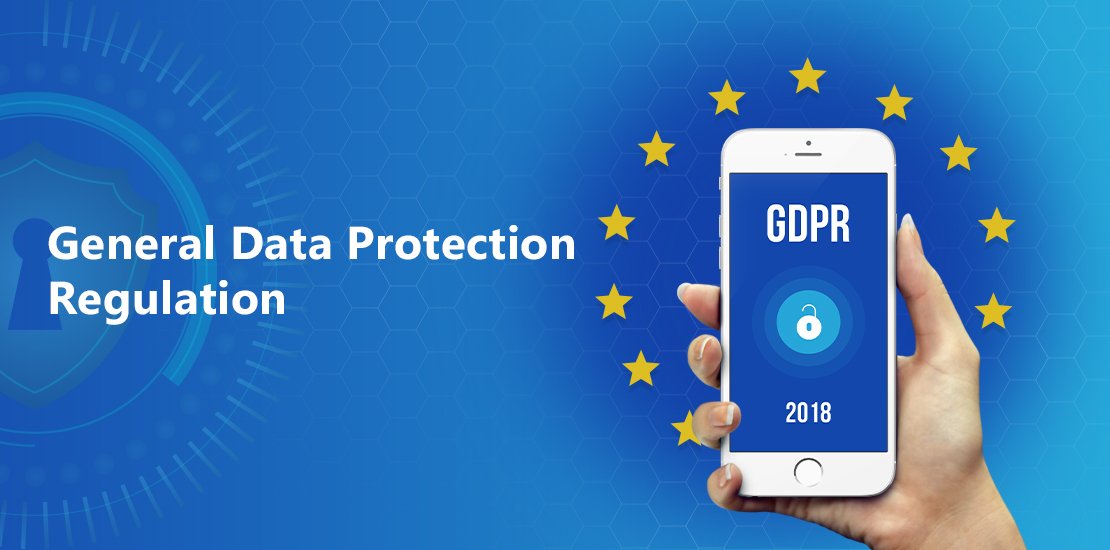The rapid innovations in the technology have changed the way we live. The escalating usage of software in every field of work has given rise to many issues. The kingpin among them is the issue of data breach and protection of the data.
Think of a situation when your personal details such as bank account information, net banking details, etc. has been stolen and you are unaware of it. You went to the market to purchase some commodities and at the time of swiping your debit card, you realize that your account is empty. You might feel like this is the end of the world. At that point you realize the importance of securing your personal data, whether it is with you or with bank/office/government authority.
For this very purpose, to protect and secure data, GDPR – General Data Protection Regulation is framed by the EU.
About Data Security in GDPR
Data Security refers to measures to protect digital data. These measures are applied in order to prevent data from unauthorized access or some destructive actions to computers, databases, and websites. Data security also helps in protecting data from corruption.
With the EU launching GDPR, the data security will be enhanced in the years to come.
Our team of architects has come up with the solutions to help customer comply their systems with the norms of GDPR.
Businesses have to take care of the data subject rights that are being described by the EU.
We would like to highlight some of the data subject rights that businesses have to ponder upon, in order to comply with the norms of GDPR.

1. Consent:
The companies will require requesting consent from the individuals whose data is processed. It should be in intelligible and easily accessible; could be distinguishable from other matters. Forms of consent having pre-checked boxes will not be acceptable with the introduction of GDPR.
Moreover, the consent has to be written in a clear and plain language that could be easily understood.
2. Privacy by design:
This concept existed for years but it has now legally been added to the GDPR legislation. It will require the organizations to take care of the personal data from the initiation of the design of the system.
Our team has undergone a training to give solutions that are compliant with the privacy of design concept of GDPR legislation.
3. Access to data:
The companies would be required to give a reason for collection, storage and usage of personal data of an individual. Further, they shall give a copy of the personal data in digital format without charging any fee from the individual. This would enhance the data transparency.
4. Data Portability:
The companies have to be feasible in transmitting the collected data to other controllers as per the wish of the individual, whose personal data has been collected. As per the norms defined in GDPR, the individuals have got the right to change their controller at any point of time.
5. Data deletion:
This could also be referred as data erasure. The companies should have the provision of data deletion. The individuals would have the right to ask the controller to delete their personal data and stop further dissemination of the data, to halt the processing of data by third parties.
6. Hiring data protection officer:
Companies, if required, could hire an in-house data protection officer, who would take care of the privacy and protection of data. The DPO has to notify the individual or the respective authority, in case of any data breach.
Final remarks:
The above provisions of GDPR indirectly have given rights to the individuals to secure their data. The companies have to comply with the norms of GDPR in order to pursue healthy business in European Countries. This new regulation has been taken up both as a challenge and as an opportunity to show more loyalty to their customers.
The highly qualified and experienced team at Multidots can consult organisations seeking development assistance for making their software applications be GDPR compliant.
If you have something to say about this regulation or have better ideas on GDPR compliances, then your views are welcome in the comments below.




